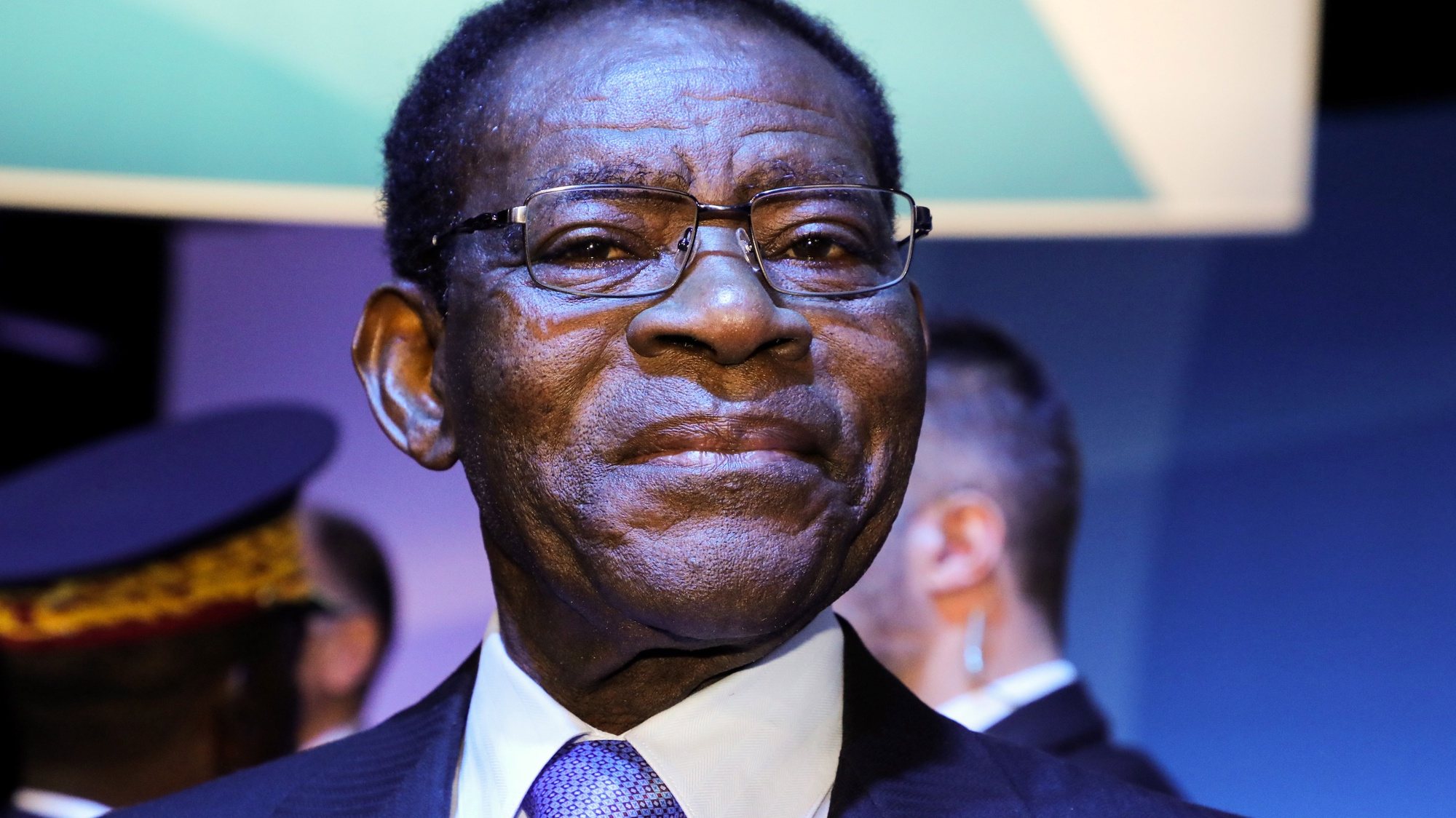
The political analyst Ebenezer Obadare considers that the recent elections in Equatorial Guinea were “a farce” in which the president, Teodoro Obiang, “was not in danger of losing”, and that the “ghost” opposition had no contrary expectations.
“There is nothing unexpected in the election result. What would have been a surprise is if the opposition made insignificant inroads. In fact, there is no electoral process to comment on in Equatorial Guinea because we are talking about a one party one man state who maintained strict control over the press and civil society in general,” Obadare, a political analyst at the “Council on Foreign Relations”, a New York-based “think tank” focused on foreign policy, defended in a statement to Lusa. and international affairs.
At stake are the general elections on November 20, which gave President Teodoro Obiang -in power for more than 43 years- a controversial victory, validated by the country’s Constitutional Court, which re-elected him with 94.9% of the vote. votes for a sixth term of seven years.
Obiang, re-elected President of Equatorial Guinea with 94.9% of the votes
In an interview with Lusa, Obadare, a specialist in African studies, assesses that the classification of the Obiang regime as one of the most repressive and corrupt in the world by the Human Rights Organizations “is necessary”, but expressed doubts in defining the country’s electoral process as “systematic fraud”, since “there was no real electoral process”.
“The description of the Malabo regime as repressive and corrupt is accurate. I’m not sure that systematic fraud captures what happened, since it implies that there is an actual electoral process to speak of. There is no such thing. It is a farce of an election in which Obiang was not in danger of losingand the opposition, the ghost of what the State allows to exist, had no expectations”, he stressed.
According to the analyst, corruption in countries like Equatorial Guinea can be effectively combated and countries like the United States of America (USA) and other Western nations “can help.”
“Change will not be achieved overnight, given the complexity of the situation, but Western powers can commit resources to strengthen local non-state institutions dedicated to transparency and the rule of law,” he said.
Teodoro Obiang, 80 years old and the world’s longest-serving president since 1979, obtained 405,910 of the 411,081 valid votes as a candidate for the Democratic Party of Equatorial Guinea (PDGE), which participated in the elections in coalition with 14 political formations.
After being re-elected in 2016 with 93.7% of the vote, Teodoro Obiang Nguema Mbasogo seemed to be preparing a successor in recent years, one of his sons, Vice President Teodoro Nguema Obiang Mangue, also known as “Teodorín”, famous for his luxurious lifestyle and sentenced in France in case of “illicit profits”????????
But to the heads of power, as well as to the close guard of Teodoro Obiang, it seemed too soon and provocative to officially promote him as a successor, at a time when the fall in hydrocarbon revenues since 2014 and the Covid-19 pandemic were putting the country in balance. more dependent on foreign aid and funding.
The PDGE then decided, against all odds, not to make any appointments, just two months before the elections that the head of state had anticipated.
Ebenezer Obadare told Lusa that “it seems that Equatorial Guinea will remain under the domain of the Nguema family in the foreseeable future.” However, he stressed that family policy is not exclusive to the country.
In an article published in the Council on Foreign Relations, entitled “Fathers and Sons”, the analyst focuses on the imminent succession crisis in several African countries, which, in his opinion, indicates “a difficult situationWorrying persistence of political paternalism driven by ego.”
Among the various African countries where the rulers seem to groom their children as their immediate successors, Obadare named Uganda, Equatorial Guinea, Cameroon, the Republic of the Congo and Eritrea.
“The issue here goes beyond mere succession. What is at stake is “self-succession”, an ego-driven search for political immortality, for which practitioners seem willing to sacrifice the system itself”, Ebenezer Obadare assessed.
“In addition to brutalizing democratic institutions, this personalization of power fosters corruption, a common pattern in all five countries. Furthermore, its inevitable reliance on patronage to separate ‘friends’ from ‘enemies’ deepens political rancor,” he added.
Source: Observadora